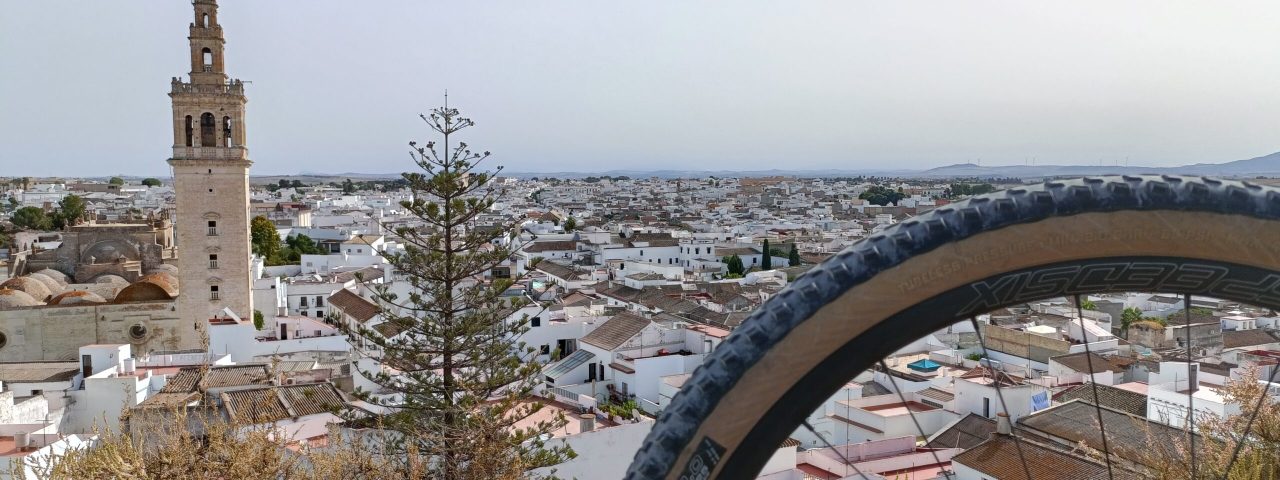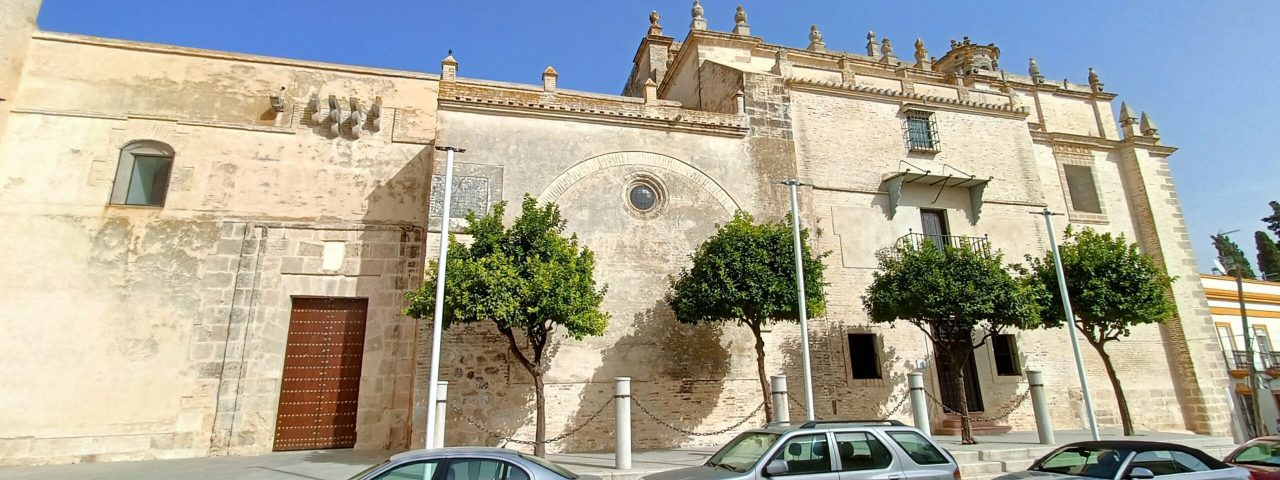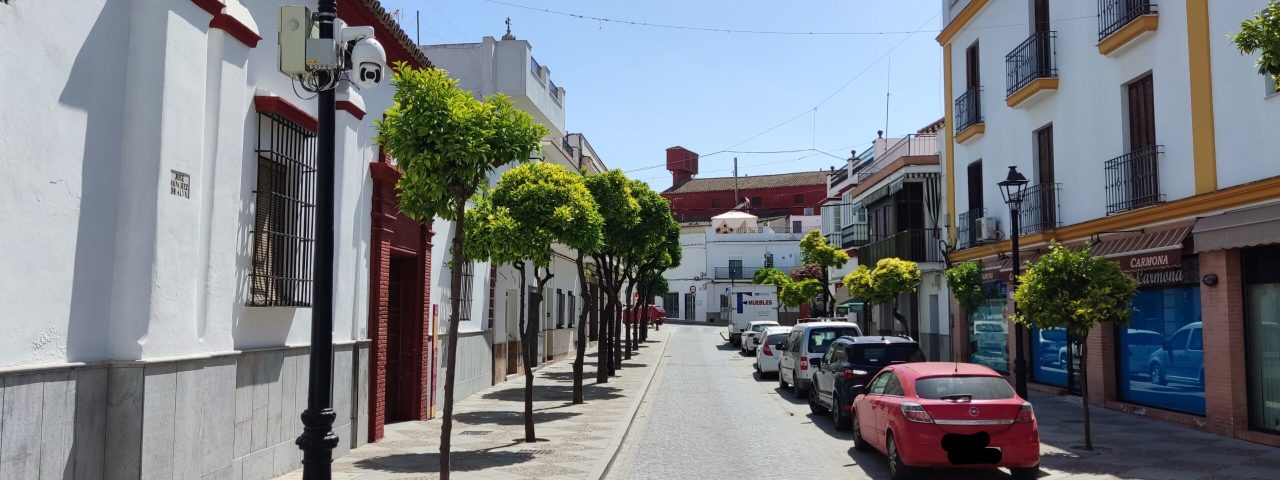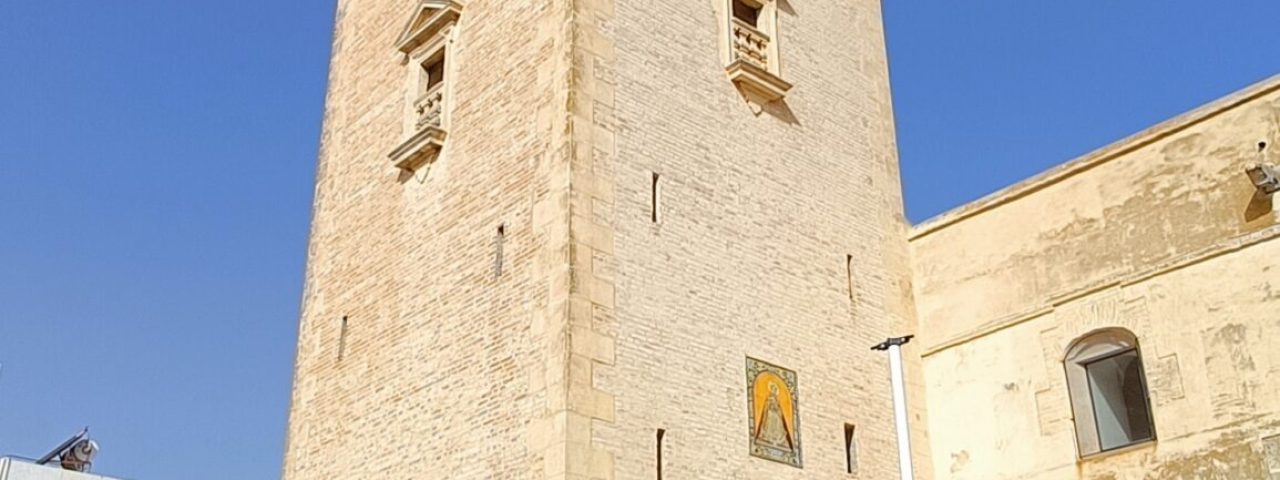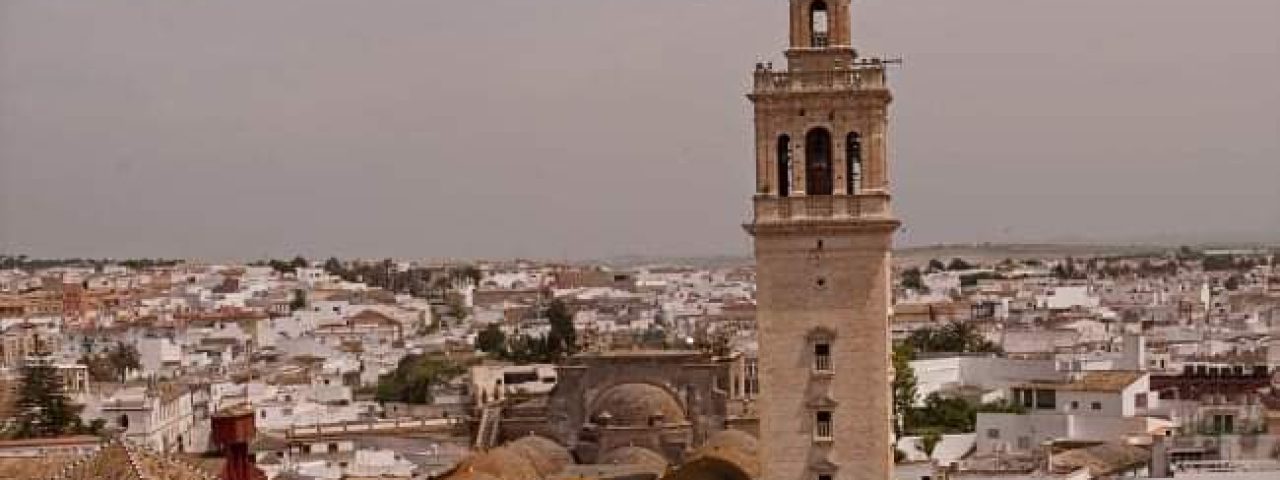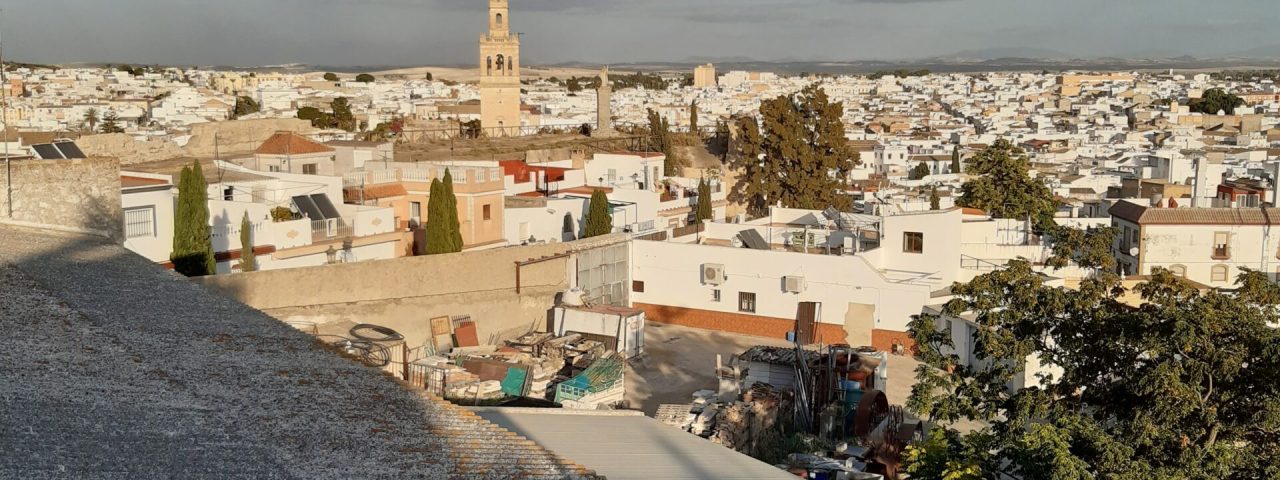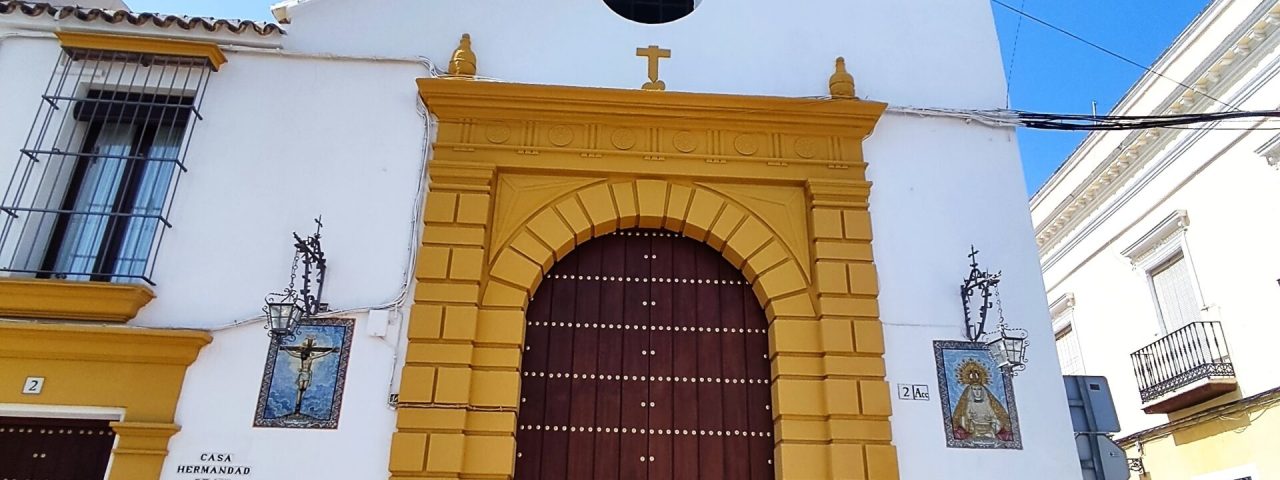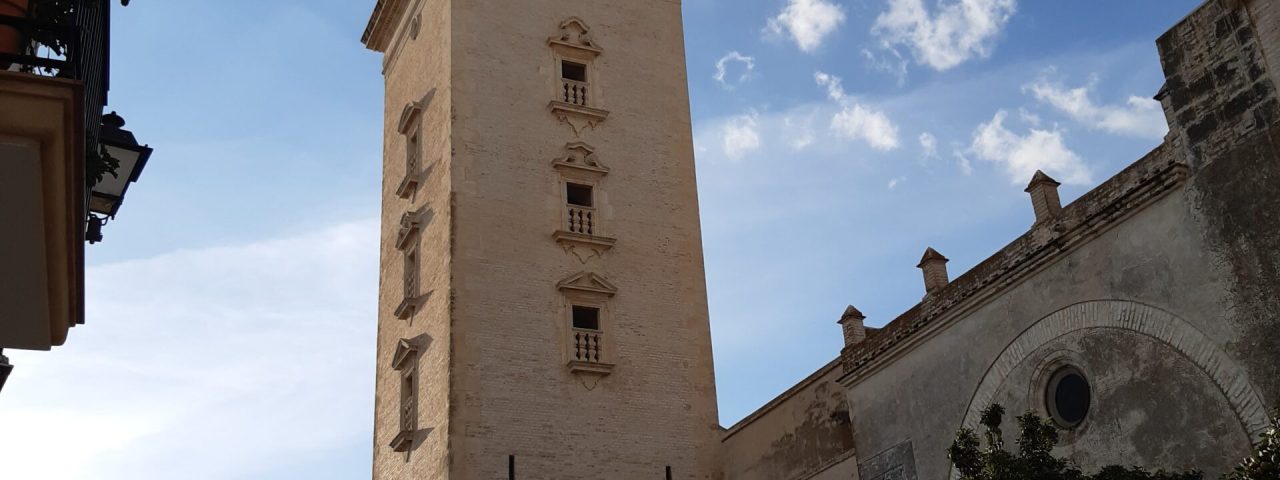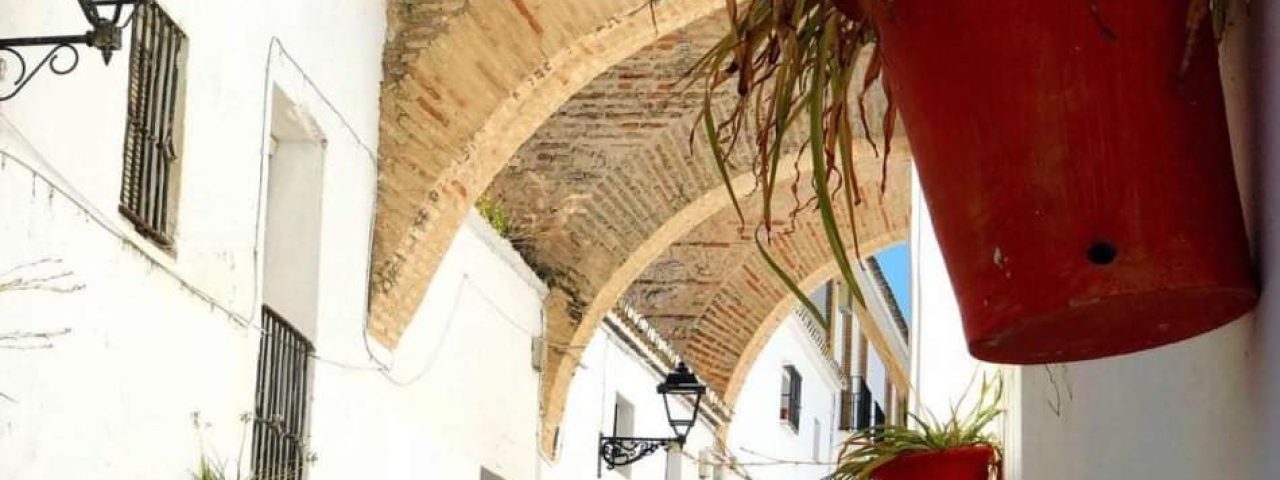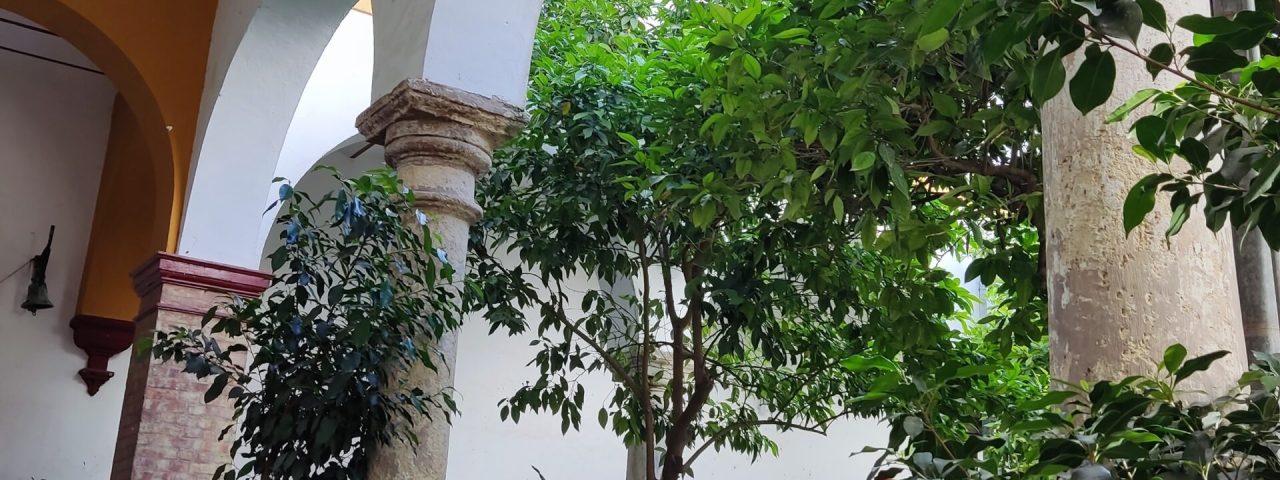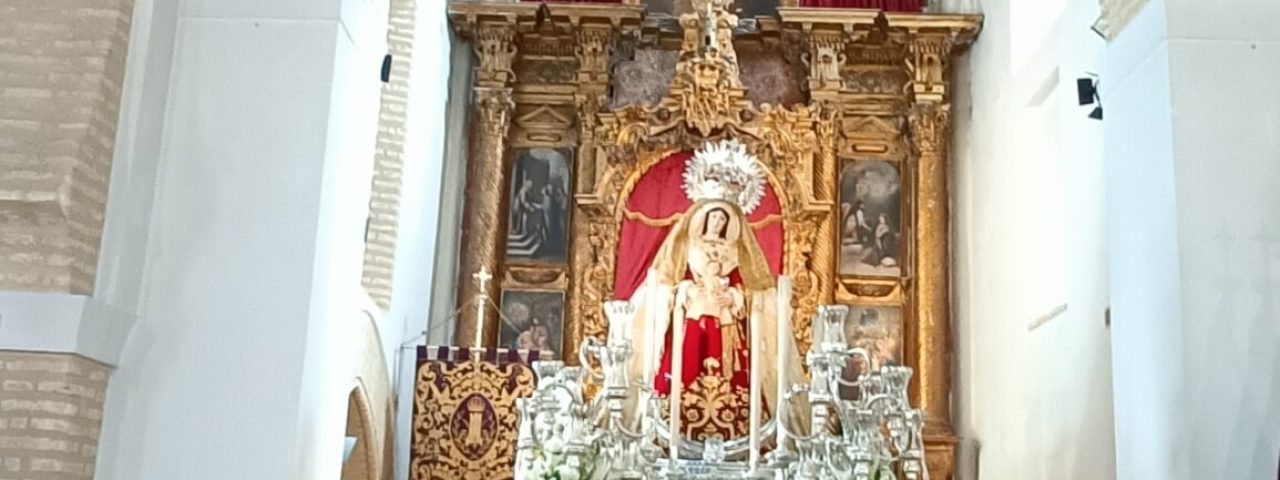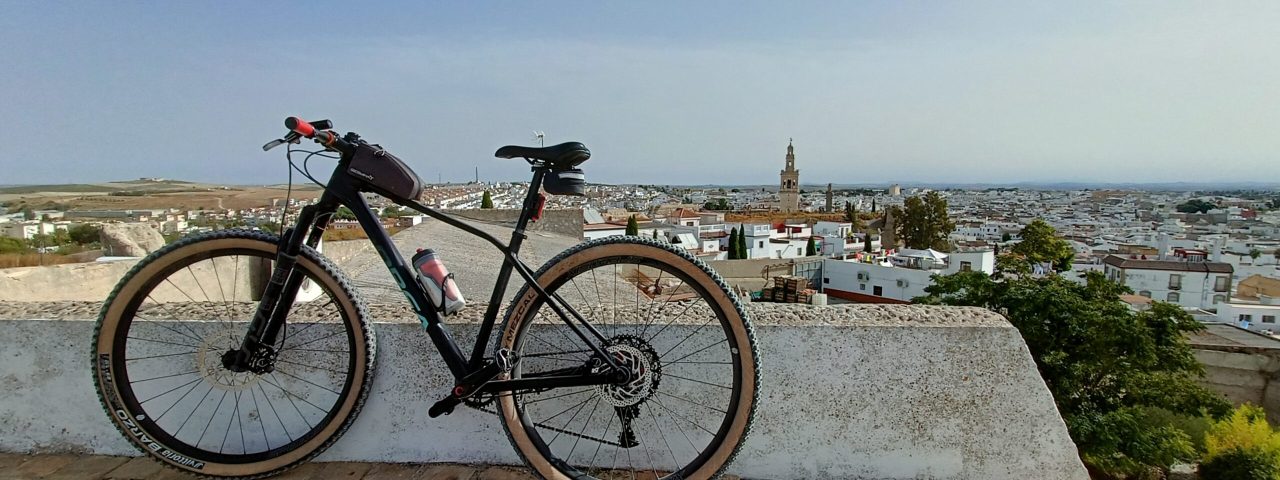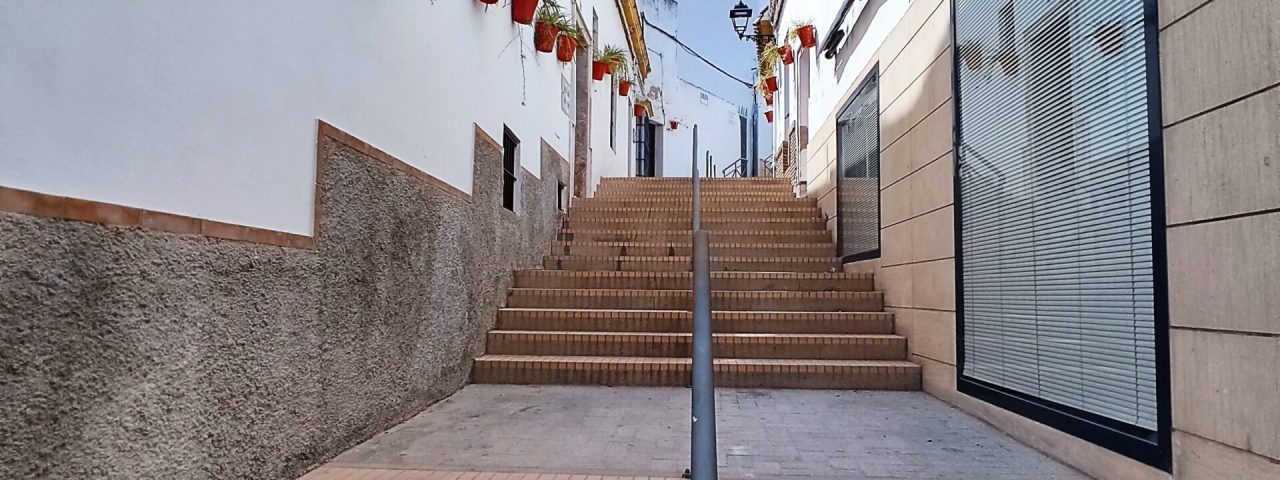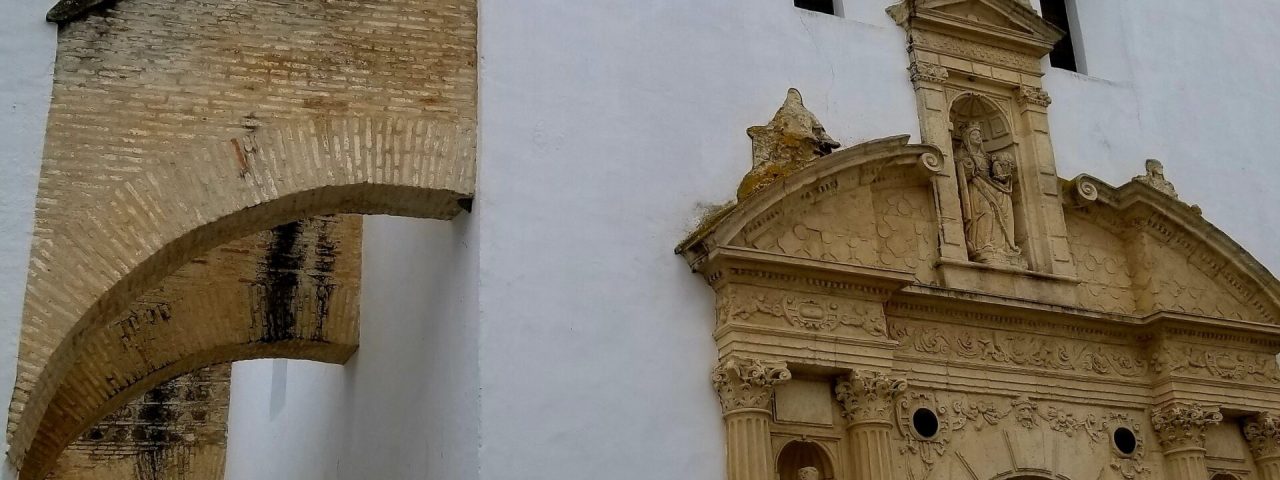Lebrija has a rich and diverse history, dating back to ancient times. The city was originally founded by the Phoenicians, later becoming an important Roman settlement known as “Nebrissa Veneria.” Roman influence is still visible today, especially in its archaeological sites and ancient roadways. Following the fall of the Roman Empire, the city came under Moorish rule, which shaped much of its cultural and architectural landscape. In 1249, it was reconquered by King Ferdinand III of Castile, marking the start of its Christian period.
Lebrija is famous for its deep-rooted cultural traditions, especially in flamenco music, which is a significant part of its identity. The city is the birthplace of several famous flamenco singers, including El Lebrijano. Flamenco festivals and performances are a common sight, particularly during the local fairs and religious celebrations. One of the most important festivals is the Feria de Lebrija, which takes place in September, showcasing the city’s vibrant Andalusian culture through music, dance, and food.
Religious customs are also deeply embedded in the local culture. The Holy Week (Semana Santa) processions in Lebrija are renowned for their solemn beauty, drawing visitors from across the region. The town also celebrates Corpus Christi and other Catholic feasts with great devotion, preserving traditions passed down through generations.
